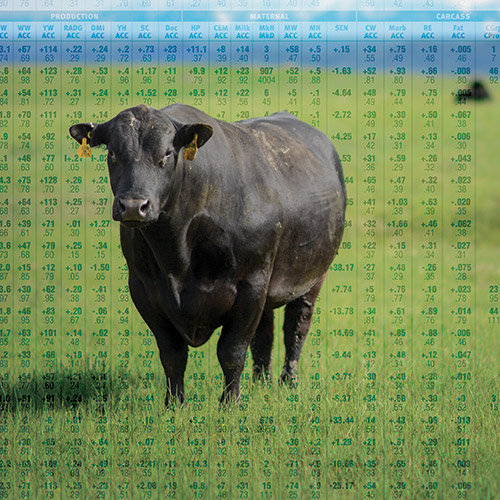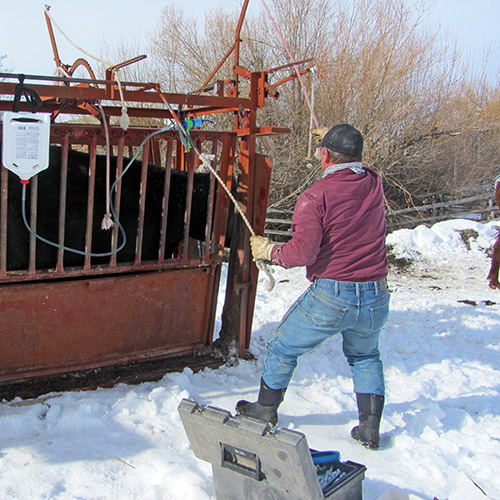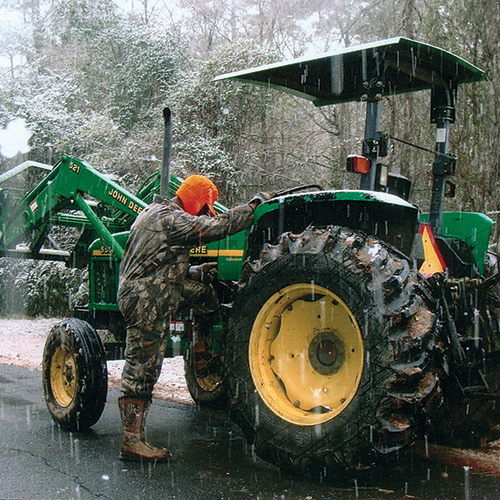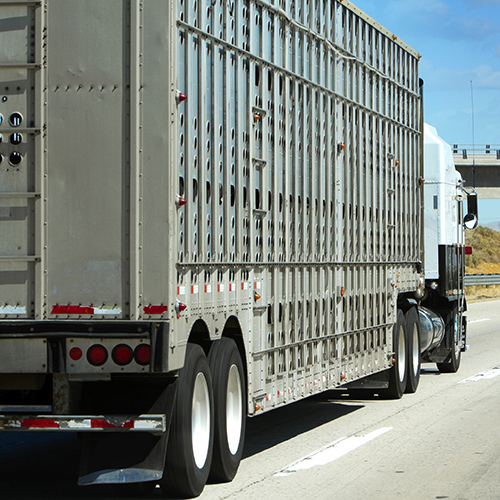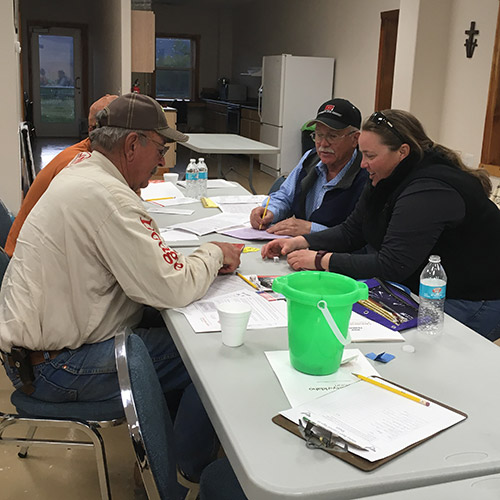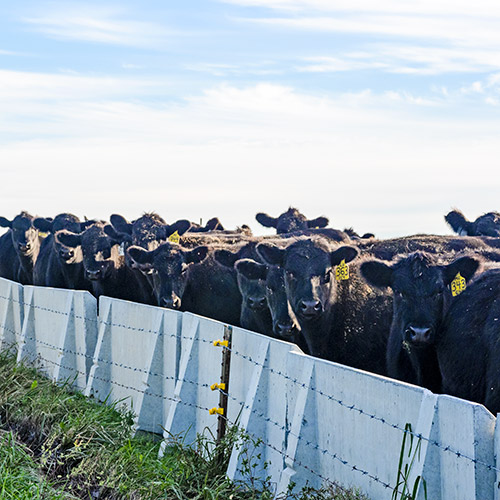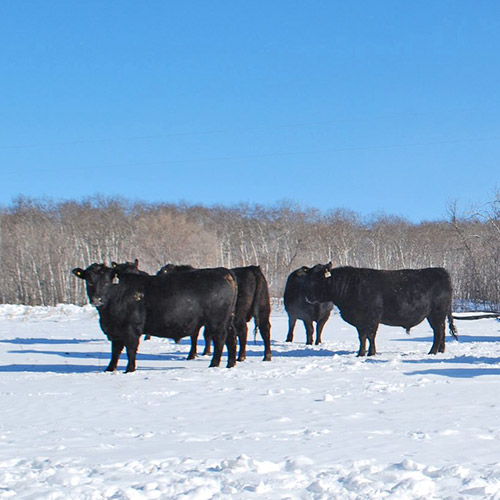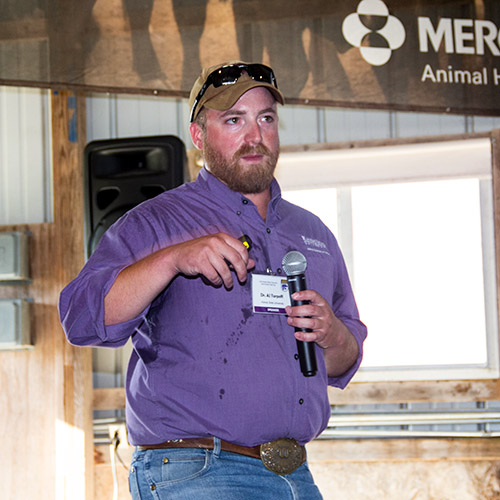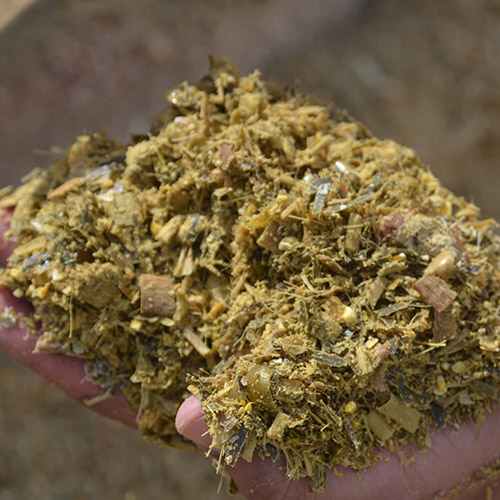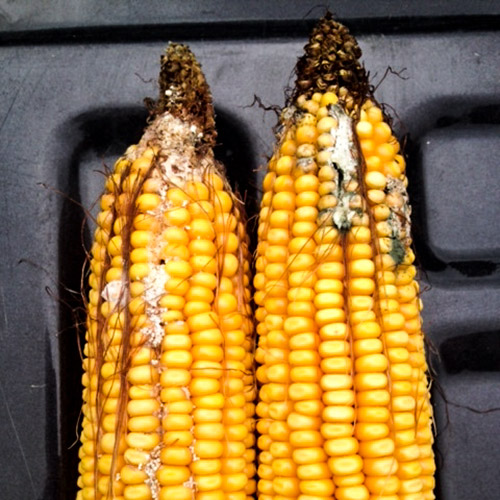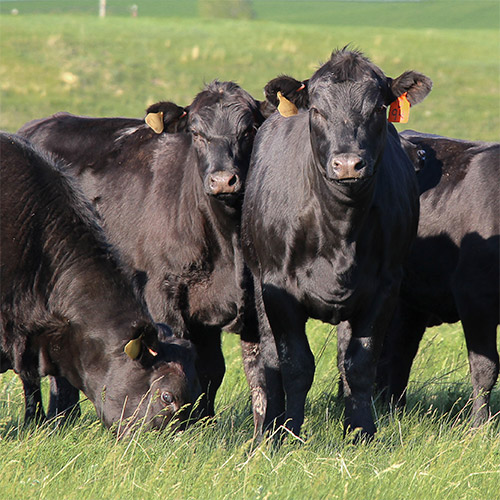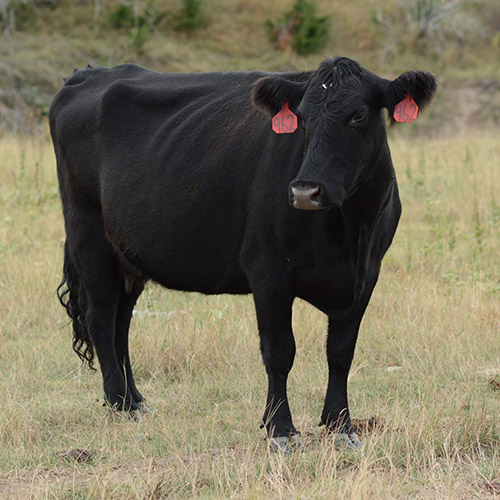
A Farm Bill for Christmas
2018 Farm Bill is a reality.
The House of Representatives approved the 2018 Farm Bill, or Agricultural Improvement Act of 2018, conference report on the bill the afternoon of Dec. 12, following the Senate’s passage Dec. 11. The 807-page document works to preserve the important agriculture, forestry and nutrition programs that help to feed, clothe and fuel nearly 330 million Americans. The president signed the bill Dec. 20.
Secretary of Agriculture Sonny Perdue said: “The passage of the 2018 Farm Bill is good news because it provides a strong safety net for farmers and ranchers, who need the dependability and certainty this legislation affords. This farm bill will help producers make decisions about the future, while also investing in important agricultural research and supporting trade programs to bolster exports. While I feel there were missed opportunities in forest management and in improving work requirements for certain SNAP (Supplemental Nutrition Assistance Program) recipients, this bill does include several helpful provisions, and we will continue to build upon these through our authorities.”
House Agriculture Committee Ranking Member Collin Peterson said: “In particular, I am proud of the improvement it makes for our dairy farmers. The bill will provide expanded, affordable coverage options and more flexibility for dairy farmers. It also provides permanent mandatory funding for several of the programs that first got mandatory funding in the 2008 Farm Bill, when I was chairman. These include the Local Food & Farmers Market Promotion Program, Value-Added Producer Grants, the BFRDP (Beginning Farmer and Rancher Development Program), Organic Research, and the Section 2501 Outreach Program.”
The United States Cattlemen’s Association (USCA) said it is pleased the bill secures $300 million in permanent, mandatory baseline funding for new animal health programs — the National Animal Disease Preparedness Program and National Animal Vaccine Bank. The bill also requires a study by USDA Food Safety and Inspection Service (FSIS) on conducting better and more effective outreach to small and very small meat processors.
The conference report adopts a provision that requires the secretary of agriculture to establish up to three regional centers to be known as “Cattle and Carcass Grading Correlation and Training Centers.” These centers will provide education and training for cattle and carcass beef graders of the Agricultural Marketing Service (AMS), cattle producers and other professionals involved in the reporting, delivery and grading of feeder cattle, live cattle and carcasses for the purpose of limiting the subjectivity in the application of beef grading standards.
The text also makes a clarification to the Emergency Assistance for Livestock, Honey Bees, and Farm-Raised Fish program by adding that producers may recoup costs incurred from cattle fever-tick inspections.
United States Cattlemen’s Association Kenny Graner said: “We’d like to extend our sincere thanks and appreciation to Senate Agriculture Committee Chairman Pat Roberts and Ranking Member Debbie Stabenow; and House Agriculture Committee Chairman Mike Conaway and Ranking Member Collin Peterson and all of their staff. Delivering a farm bill, on time and with needed resources for our farming and ranching families, is no small task.”
National Cattlemen’s Beef Association (NCBA) President Kevin Kester added that America’s cattlemen and women want common sense and certainty from Congress this holiday season and throughout the year. With this passage, cattlemen gained certainty that a foot-and-mouth disease vaccine bank will be authorized and funded, important conservation programs will be reauthorized and funded, and that trade promotion and access to foreign markets will remain a priority in the years to come.
The western ranching community voiced disappointment in the lack of forest management in the 2018 Farm Bill.
Ethan Lane, executive director of the Public Lands Council, explained: “The 2018 Farm Bill negotiators elected to advance a bill that abandoned western communities by stripping away all provisions for responsible forest management. The agriculture committee’s decision to abdicate its oversight of our nation’s forest resources speaks volumes about the need for the U.S. Forest Service to be moved out of agriculture and toward the natural resources community where it might have a fighting chance. It is unacceptable for conferees to simply take a pass on forestry and abandon Americans impacted by catastrophic wildfire.”
Editor’s note: This article is compiled and edited from press releases from the USDA, House Agriculture Committee, USCA, NCBA, PLC and NFU. Watch for more detailed coverage in future issues as more information becomes available.





